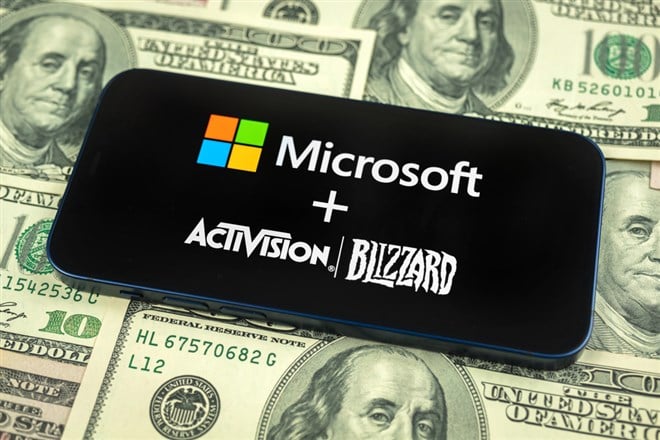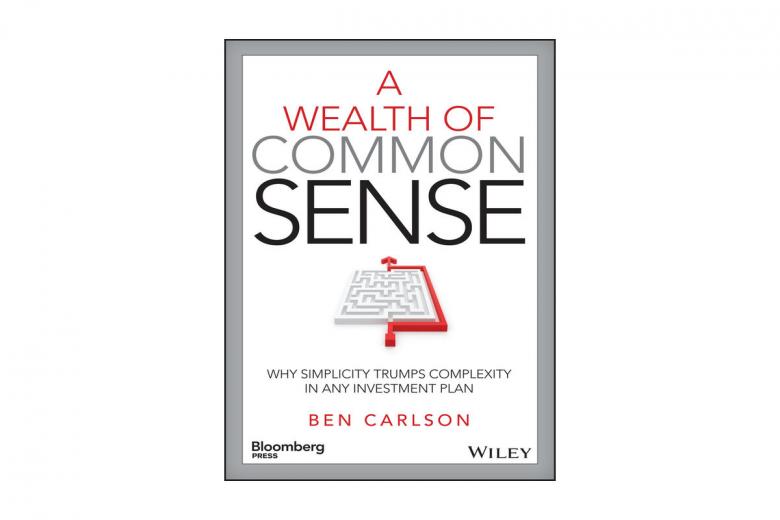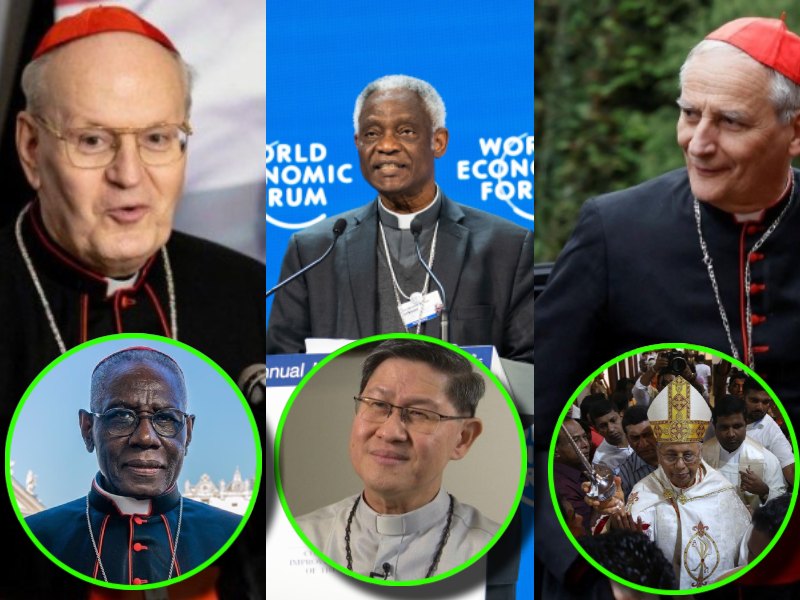Microsoft-Activision Merger: FTC's Appeal And Future Implications

Table of Contents
The FTC's Case Against the Merger
The Federal Trade Commission (FTC) launched a lawsuit to block the Microsoft-Activision merger, arguing it would stifle competition and harm consumers. Their case rests on several key pillars:
Concerns Regarding Competition
The FTC's central concern revolves around the immensely popular Call of Duty franchise. Activision Blizzard's ownership of this blockbuster game is a significant asset. The FTC argues that Microsoft acquiring Activision Blizzard would give them undue leverage, leading to:
- Higher prices for gamers: By limiting access to Call of Duty on competing platforms like PlayStation, Microsoft could potentially increase prices or introduce exclusive content that forces players to switch to Xbox.
- Reduced innovation in the gaming market: Lack of competition could stifle innovation as Microsoft may not feel the need to compete as aggressively for market share.
- Less choice for consumers regarding gaming platforms and content: Exclusive deals and limited availability of games on rival consoles diminish consumer choice. This could lead to a less dynamic and diverse gaming ecosystem.
Market Dominance Concerns
The merger would significantly increase Microsoft's market share in the gaming industry, raising concerns about potential anti-competitive practices. The FTC fears this could result in:
- Exclusive content deals favoring Xbox: Microsoft could leverage Call of Duty and other Activision Blizzard titles to lock players into the Xbox ecosystem, hindering competition from PlayStation and other platforms.
- Higher barriers to entry for smaller gaming companies: A dominant Microsoft could make it significantly harder for smaller gaming studios to compete, potentially reducing innovation and diversity within the industry.
- Stifled development of competing gaming consoles and platforms: By controlling key franchises and technologies, Microsoft could hinder the development and success of competing consoles and platforms, creating a less competitive market.
The FTC's Proposed Remedies
The FTC has proposed various remedies to mitigate the merger's potentially anti-competitive effects. These include:
- Divestiture of certain Activision Blizzard assets: This would involve Microsoft selling off parts of Activision Blizzard to ensure a more balanced competitive landscape.
- Behavioral remedies to ensure fair competition: This could involve legally binding agreements that restrict Microsoft's ability to engage in anti-competitive practices.
- Stricter regulatory oversight of Microsoft's gaming practices: Increased scrutiny and monitoring of Microsoft's activities could prevent future anti-competitive behavior.
The Appeal Process and Potential Outcomes
The FTC's appeal against the initial court ruling allowing the merger will be heard by the Ninth Circuit Court of Appeals.
The Ninth Circuit Court of Appeals
The Ninth Circuit is known for its rigorous examination of antitrust cases. The court's decision will be pivotal in shaping the future of the merger and setting a precedent for future mergers in the tech industry.
Potential Outcomes
Several potential outcomes exist:
- Upholding the lower court's ruling: This would allow the merger to proceed, potentially leading to significant changes in the gaming industry.
- Reversing the lower court's ruling: This would block the merger, maintaining the existing competitive landscape.
- Remanding the case back to the lower court: This would necessitate further proceedings, prolonging the uncertainty surrounding the merger.
Timeline and Uncertainties
The appeals process is notoriously lengthy and unpredictable, creating significant uncertainty for Microsoft, Activision Blizzard, and the gaming industry as a whole. The timeline for a final decision remains unclear, adding to the overall ambiguity.
Implications for the Gaming Industry and Consumers
The outcome of the FTC's appeal will have far-reaching consequences for the gaming industry and consumers alike:
Impact on Game Prices and Availability
The merger's outcome will directly affect the prices and availability of games, especially titles like Call of Duty. Exclusive deals or increased pricing could significantly impact players' choices and spending.
Future of Console Wars
The merger could fundamentally reshape the competitive landscape of the console wars. Microsoft's increased market power could alter the balance between Xbox and PlayStation, potentially affecting the future development and innovation of both platforms.
Innovation and Game Development
The FTC's concerns regarding stifled innovation are crucial. The merger's impact on game development, the creation of new titles, and the overall diversity of the gaming ecosystem remains a central point of contention.
Conclusion
The FTC's appeal of the Microsoft-Activision merger is a watershed moment for the gaming industry and antitrust enforcement. The outcome will determine the future competitive landscape and have wide-ranging consequences for competition, innovation, and consumer choice. The appeal process is complex and the final decision will significantly influence the future of gaming. Stay informed on developments regarding the Microsoft-Activision merger and the FTC's appeal, as this case sets a precedent for future mergers and acquisitions in the tech industry. Understanding the complexities surrounding this landmark Microsoft-Activision merger is crucial for anyone invested in the future of gaming.

Featured Posts
-
 Suri Cruises Birth Tom Cruises Response
May 11, 2025
Suri Cruises Birth Tom Cruises Response
May 11, 2025 -
 The Most Profitable Dividend Strategy Simplicity Trumps Complexity
May 11, 2025
The Most Profitable Dividend Strategy Simplicity Trumps Complexity
May 11, 2025 -
 Los Favoritos Para Suceder Al Papa Francisco Un Analisis De Las Posibilidades
May 11, 2025
Los Favoritos Para Suceder Al Papa Francisco Un Analisis De Las Posibilidades
May 11, 2025 -
 Thomas Mueller 25 Ans Au Bayern Puis Le Depart
May 11, 2025
Thomas Mueller 25 Ans Au Bayern Puis Le Depart
May 11, 2025 -
 Aaron Judge At 1 000 Games His Path To Cooperstown
May 11, 2025
Aaron Judge At 1 000 Games His Path To Cooperstown
May 11, 2025
